A head injury refers to any trauma or damage sustained by the head, which can lead to injuries to the brain, skull, or surrounding tissues. Head injuries can range from mild to severe, and they can result from various causes, including falls, accidents, sports injuries, assaults, and more. Depending on the force and nature of the impact, head injuries can lead to a variety of symptoms and complications.
Common types of head injuries include:
1. Concussion: A mild traumatic brain injury (TBI) caused by a blow or jolt to the head, leading to temporary disruption of brain function.
2. Contusion: A bruise on the brain’s surface caused by a direct impact to the head.
3. Skull Fracture: A break in one of the bones of the skull, which can vary in severity.
4. Intracranial Hemorrhage: Bleeding inside the skull, which can be life-threatening if not promptly treated.
5. Diffuse Axonal Injury (DAI): A severe injury to nerve fibers in the brain, often caused by rotational forces during accidents.
Florida Injury and Regenerative Medicine, specializes in treating various injuries, including head injuries, using regenerative medicine techniques. Regenerative medicine is an interdisciplinary field that focuses on using the body’s natural healing mechanisms to repair and restore damaged tissues.
In the context of head injuries, regenerative medicine approaches may involve:
1. Stem Cell Therapy: The use of stem cells to stimulate the repair and regeneration of damaged brain tissue.
2. Platelet-Rich Plasma (PRP) Therapy: Concentrated platelets derived from the patient’s blood are injected into the injured area to accelerate healing and tissue repair.
3. Growth Factor Injections: Growth factors are substances that can promote cell growth and tissue regeneration, aiding in the healing process.
4. Hyperbaric Oxygen Therapy (HBOT): Involves breathing pure oxygen in a pressurized chamber to increase oxygen delivery to injured tissues, which can enhance healing.
5. Nutritional Support: Providing specific nutrients that support brain health and aid in the recovery process. It’s essential to note that while regenerative medicine shows promise in the treatment of various injuries, including head injuries, it should be integrated with traditional medical approaches when necessary. Head injuries can be serious, and in cases of severe trauma, immediate medical attention and proper diagnostic imaging are crucial for accurate assessment and appropriate treatment.
If you or someone you know has suffered a head injury, seeking medical attention from qualified healthcare professionals is imperative. They can evaluate the extent of the injury and recommend suitable treatment options, which may include regenerative

